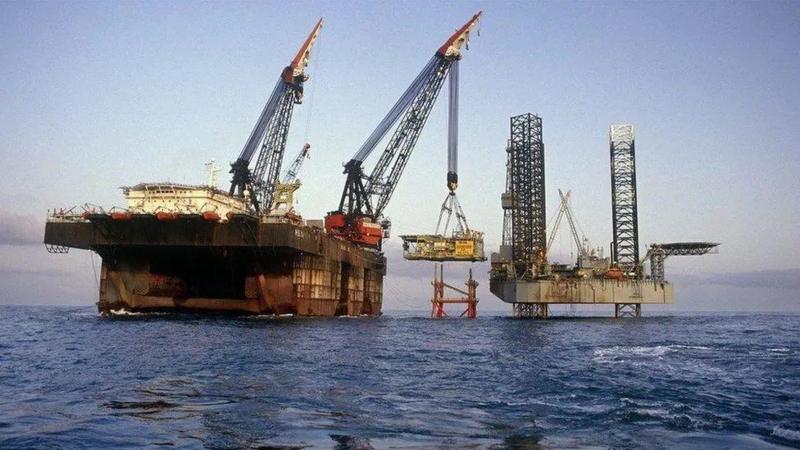JUSTIÇA DE SÃO PAULO DETERMINA QUE O MUNICIPIO AUTORIZE A EXPEDIÇÃO DE NOTAS FISCAIS ELETRÔNICAS.
9 de fevereiro de 2024
Por que Rússia deve crescer mais do que todos os países desenvolvidos, apesar de guerra e sanções, segundo o FMI
18 de abril de 2024Brazilian central bank President Alexandre Tombini said uncertainty stemming from Japan’s deadly earthquake and unrest in the Middle East are “new facts” that need to be taken into account by policy makers.
The magnitude 9 quake and tsunami that hit Japan this month will have an “uncertain” impact on global commodity prices, supply chains and exchange rates, Tombini said in a speech to bankers in Sao Paulo yesterday. Japan may repatriate investments in the “short-term” to pay for reconstruction and the oil market may cause further “surprises” if producers are unable to offset a fall in output caused by turmoil in the Middle East and North Africa, he said.
“Given these new developments, we have to continue to monitor the international scenario closely,” Tombini said. “The uncertainty and complexity of the global economic outlook don’t justify either passivity or a knee-jerk reaction.”
Traders are wagering that the central bank will raise borrowing costs by 0.5 percentage point for a third straight meeting April 19-20 to cool inflation that is running at a 26- month high, according to Bloomberg estimates based on interest rate futures.
Brazil’s inflation rate will start to slow towards the 4.5 percent mid-point of its target range towards the end of the year, Tombini said last night. Inflation will remain at “higher levels” this year, he added.
Inflation Dynamics
Inflation isn’t solely demand driven, Tombini said, and is also being fueled by changes in the labor market, seasonal factors and “inertia” carried over from 2010.
Brazil’s central bank, while raising its benchmark rate to 11.75 percent this month, signaled that one more rate increase coupled with curbs on bank lending may be enough to slow inflation to target in 2012.
The bank, in the minutes to their March 1-2 meeting, said macro-prudential measures are a “rapid and potent” tool to contain demand in some areas.
Annual inflation quickened to 6.01 percent in February, the fastest pace since November 2008.
Data published this week show Brazil’s economy may be cooling slower than expected. Brazil’s economic activity index rose at its fastest pace in nine months in January.
January retail sales beat estimates and rose at their fastest pace in five months, fueled by supermarket sales and purchases of household goods. Sales rose 1.2 percent in January from December, up from a revised 0.2 percent the previous month.
The yield on the interest rate futures contract maturing in January 2012 rose 1 basis point, or 0.01 percentage point, to 12.32 percent yesterday.
Brent crude oil for May settlement advanced $4.30, or 3.9 percent, to end yesterday’s session at $114.90 a barrel on the London-based ICE Futures Europe exchange. Oil surged after the air force of Libyan leader Muammar Qaddafi dropped bombs around the city of Benghazi and Bahraini security forces arrested opposition leaders.
